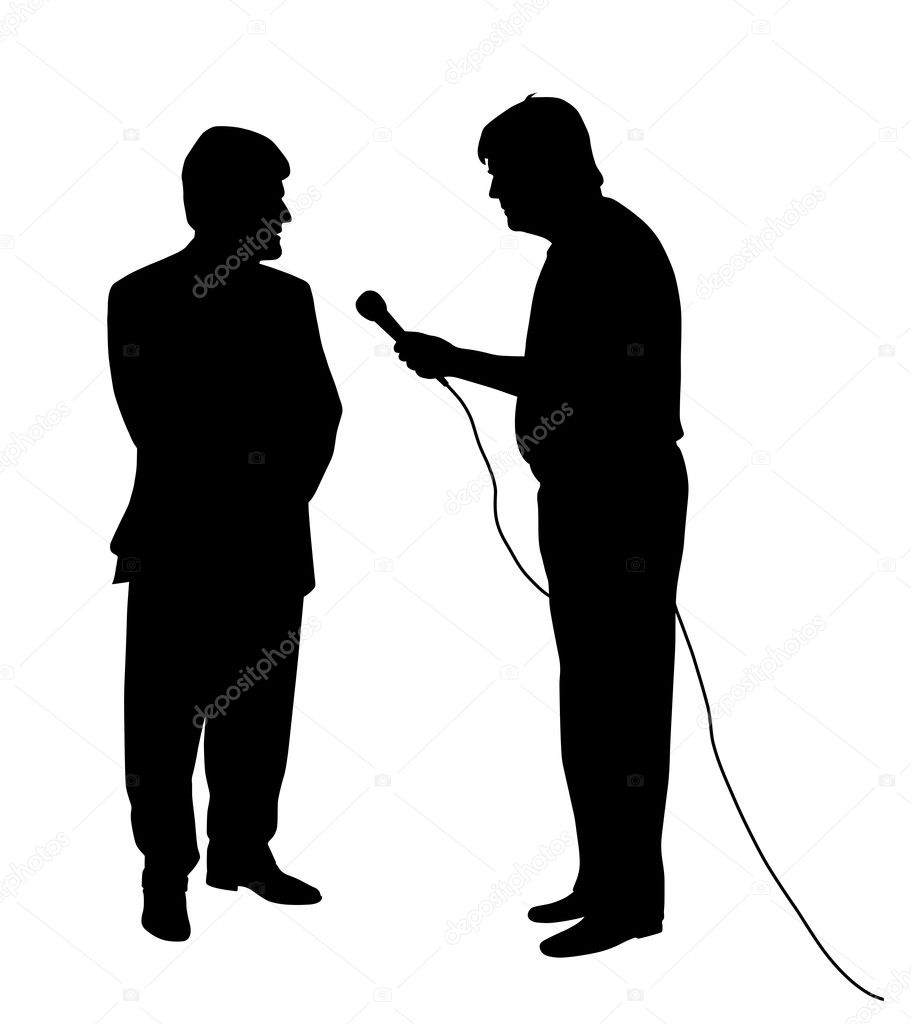1. What is the most important thing I learned from the interview? Is there anything I would do differently for other interviews?
- The most important thing I learned is that my mentor isn't the most helpful outside of wrenching, book smart so to speak. Another thing I learned is that being a "good" mechanic really does take time an effort, it's a learning processes that takes years. It takes years because like doctors, every patient they deal with is different. Why? because of the different design or rare case troubleshooting that isn't common so the mechanic has to walk through "unexplored territory"
- This interview my interviewee just responded to the question and didn't have a conversation with me like I was expecting. Could be that he got stage fright when he saw that I was going to record the interview. Next interview I will make sure my interviewee can give me a bigger pool of information alongside with the answers.
2. Did I get additional resources and contacts? What is the most useful? Why?
- No specific numbers and contact information was given to me, however, my mentor did give me the advice to look for teachers and professors if I want to talk to someone else. He also refereed me to service manual when doing a job because I would then know what to do in case I stumble upon something strange. It is useful however the information is limited, because there's probably hundreds of certified mechanic teachers and technicians. I say limited because he didn't point me to a trusted one that I can speak with.
3. What makes my interviewee qualified to help me?
- My interview is qualified to help me because all of his answers seem reasonable from my point of view.

Have you looked at the CTEC thing for the Fairplex? I'd really like to see you take that class, and you'll want to make sure you are on the ball with that. It's super important for the success of your project.
ReplyDeleteAlso, you want to make sure that you are making your interviewee comfortable and asking follow up questions!